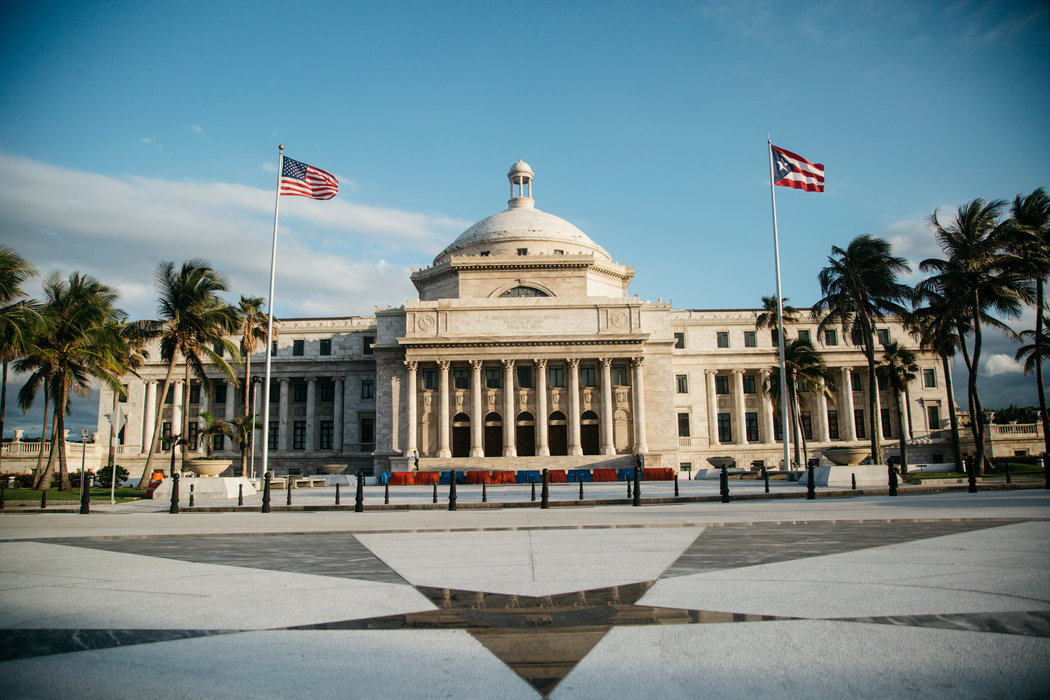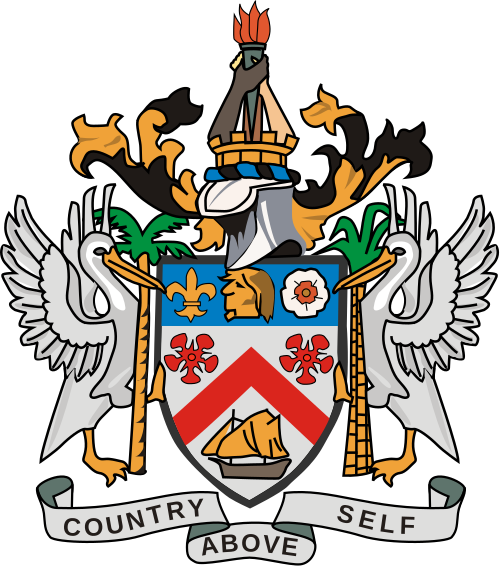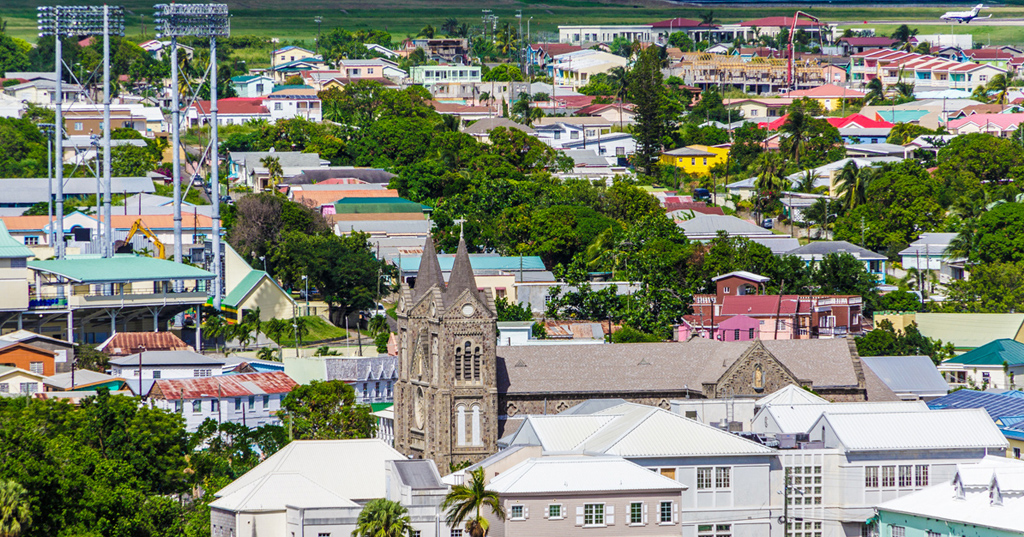
Puerto Rico, is an unincorporated territory of the United States with official Commonwealth status. It is located approximately 1,000 miles (1,600 km) southeast of Miami, Florida. The United States Congress governs the territory with full jurisdiction under the Puerto Rico Federal Relations Act of 1950.
The geography of Puerto Rico, the use of the U.S. currency and its political status are all determining factors on its economic prosperity.
The economy of Puerto Rico is classified as a high-income economy by the World Bank and as the most competitive economy in Latin America by the World Economic Forum. Its economy is mainly driven by manufacturing (primarily pharmaceuticals, textiles, petrochemicals, and electronics) followed by the service industry (primarily finance, insurance, real estate, and tourism).
The Government of Puerto Rico enjoys both fiscal and tax autonomy with respect to the United States Tax Code, with special distinctions made in several areas. International insurers in Puerto Rico are exempt from the reporting requirements under CRS (OECD) and FATCA.
The International Insurers and Reinsurers Division is under the Supervision of the Office of the Commissioner of Insurance (OCI). The OCI is an accredited National Association of Insurance Commissioners (“NAIC”) member. NAIC is the U.S. standard-setting and regulatory support organization created and governed by the chief insurance regulators from the 50 states, the District of Columbia and five U.S. territories.
Through the NAIC, state insurance regulators establish standards and best practices, conduct peer review, and coordinate their regulatory oversight. It is also a participating member of the Association of Insurance Superintendents of Latin America (“ASSAL”).

St Kitts and Nevis, is a two-island independent country in the Leeward Islands. Nevis is a sovereign state in the British Commonwealth, situated southeastern part of the Caribbean Sea. Nevis has a stable democracy, an easy-to-understand legal system founded on British Common Law together with a modernized corporate climate and an open economy.
Nevis is one of the most sought-after jurisdictions for offshore banking and insurance as well as offshore company formation that has strong security and asset protection clauses. It is home to the Eastern Caribbean Central Bank and Eastern Caribbean Securities Exchange, and has been recognized by the FATF (Financial Action Task Force) and the OECD (Organization for Economic Co-operation and Development).

Nevis law is based on English common law. With respect to offshore companies, Nevis law is based upon Nevis LLC legislation which is modeled after the Delaware LLC Act. Nevis asset protection is superior to that of most other offshore jurisdictions.
The government of Nevis has exhibited a total commitment to maintaining the privacy and protection for legitimate businesses. Neither Nevis nor St. Kitts have been tainted by reports of money laundering or tax evasion as has been the case in the past with a number of other offshore jurisdictions. A Nevis offshore company is exempt from taxation on income generated anywhere in the world outside of Nevis. There are no income taxes to be paid, nor are there estate, inheritance, gift, duty, or capital gains taxes.
The Nevis Financial Services Regulation and Supervision Department (FSRC) is the Nevis Branch of the Financial Services Regulatory Commission and is the agency responsible for authorizing and licensing companies or persons to conduct financial services business and for monitoring regulated financial services activities to safeguard the public against any illegal and or unauthorized financial services business operating from Nevis. The FSRC has the responsibility for regulating and supervising regulated company’s compliance with the AML/CFT requirements. The FSRC regulates over 150 Insurance companies incorporated in Nevis.







